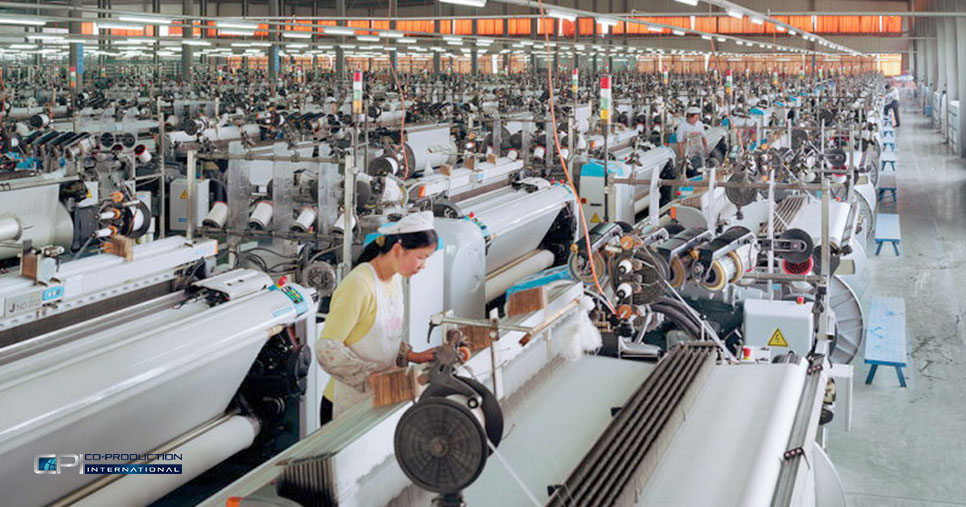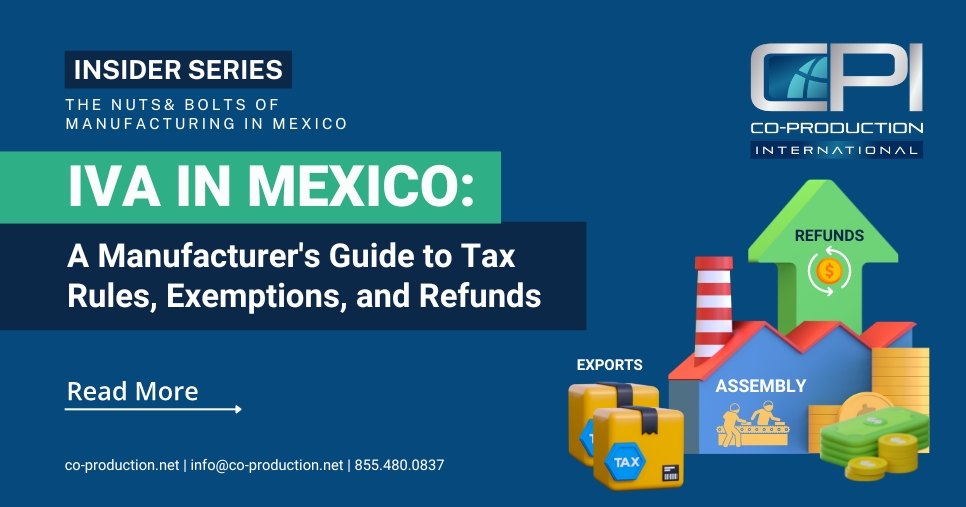President Trump is not happy with the North American Free Trade Association (NAFTA). During the Presidential campaign, he described it as the 'worst trade agreement the U.S. ever signed'. He blames it for the loss of large numbers of manufacturing jobs across the border to Mexico, where wages are lower.
According to the White House website’s new page on trade, 'blue-collar towns and cities have watched their factories close and good-paying jobs move overseas, while Americans face a mounting trade deficit and a devastated manufacturing base.
At the same time, President Trump complains about the flow of migrants across the border from México to the US. They take American jobs and American money, apparently. So, he plans to build a wall to stem the flow, and make México pay for it. Exactly how he plans to make México pay for it is as yet unclear: suggestions range from a 20% tax on American imports from México (which my colleague Tim Worstall was quick to point out would in practice be paid by American businesses and consumers), to a withholding tax on remittances from Mexicans working in the U.S.
I sympathise hugely with the Americans who feel that they are losing out. Well-paid manufacturing jobs have indeed declined in the last decade or two, partly replaced by poorer-paying service jobs. But something is not right here. If all the good jobs have gone across the border, how come so many Mexicans have come to the U.S. to work? We should not kid ourselves that this is an easy option. The Mexican border is already heavily policed, and just about the only open route is a long and dangerous desert crossing in which many migrants lose their lives. Why would so many people risk that crossing, if all they had to do was wait for the good jobs to come to them?
We must surely conclude that the jobs leaving the US are not good jobs. Or at least, not good enough to attract Mexicans – which is a bit of a worry, given that these are supposed to be well-paying manufacturing jobs. Obviously, moving jobs to a lower-wage jurisdiction enables companies to cut their costs. But it doesn’t change the nature of the job. So a well-paying manufacturing job in the U.S. should still be well-paying in the poorer economy of Mexico, even though the absolute wage in dollar terms would be lower. So, how would a well-paying, well-respected job in America somehow become a drudge job that barely pays enough to live on in Mexico?
Well, if Mexico’s unemployment rate were much higher than America's, companies could bid down wages to the floor, paying a basic pittance for skilled jobs that across the border would pay far higher wages. But that’s not the case. Mexico’s unemployment rate is about the same as America's. So, if companies really are paying bare subsistence for what in the U.S. would be well-paying manufacturing jobs, México must have serious problems with its labor laws.
This is something that President Trump perhaps should look at when renegotiating NAFTA. If companies are taking advantage of lax labor laws and a desperate – and much poorer – population in Mexico, it is surely in the interests of American workers that México tightens its labor laws to ensure that companies don’t rip off Mexican workers. It would also be sensible to insist on improvements to social safety nets so that there is less reliance on informal or illicit labor, which artificially depresses unemployment figures and gives a misleading impression of the health of the Mexican economy. This would of course raise import prices for American consumers, but that would help meet another of President Trump’s objectives – closing that trade deficit.
Alternatively, perhaps there just aren’t that many jobs going across the border. Certainly not enough to occupy all the Mexicans looking for work. Yet we know significant numbers of jobs HAVE relocated to Mexico: employment in automobile manufacture, for example, has quadrupled since 1994. Clearly something is very wrong. The figures just don’t make sense. Jobs have gone from the U.S. to Mexico, but people continue to migrate from México to the US in search of work, though the rate has slowed dramatically in recent years. In fact México has become somewhat dependent on its migrants: it now receives more foreign currency from migrant remittances than it does from exports of crude oil. This is mainly because of falling oil prices and production since 2014. But it also reflects a distorted and unhealthy economic relationship between México and the U.S.
The truth is that NAFTA has been a rotten deal, not for the U.S. but for Mexico.
Firstly, NAFTA did not establish a level playing field for agricultural production. It ended tariffs, but not subsidies. México opened its borders to American agricultural exports, particularly corn. But America continued to subsidize the production of corn: between 1995-2014, corn subsidies totaled nearly $95bn. Coupled with America’s higher productivity, the subsidies made it impossible for Mexican farmers to compete. Agricultural employment dropped 19% between 1994 and 2007, a loss of about 2 million jobs, mostly in family farms. There was a corresponding increase in seasonal work, as agricultural production shifted to fruit and vegetable production, so the unemployment figures perhaps did not rise as much as might have been expected. But Americans mourning the loss of steady well-paid manufacturing jobs surely should be the first to appreciate that seasonal work is no substitute for steady family farm employment.
Unsurprisingly, Mexicans headed for the border. Between 1994 and 2000, emigration to the U.S. rose by 79%, though it slowed somewhat due to recession and increased border security after the 9/11 attacks.
Secondly, NAFTA has rendered the Mexican economy entirely dependent on the U.S. Over 80% of Mexico’s exports go to the U.S., and about half of its imports come from there. México is deeply integrated in U.S. supply chains, particularly manufacturing production. The IMF observes that Mexican and American industrial production are co-integrated and follow a common cycle. Increases in American economic output are transmitted one-for-one to Mexican output.
Furthermore, the IMF says that Mexico’s financial economy is closely linked with that of the U.S. Much of Mexico’s inward investment comes from the U.S., and external investors hold about half of its government debt. Although the peso is not pegged to the U.S. dollar, changes in U.S. monetary policy nevertheless directly influence monetary conditions in México through its close financial and trade links.
México is thus highly sensitive to changes in US policy and unable to protect itself from U.S.-generated economic shocks: the 2008 financial crisis in the US caused a shock to trade which knocked 6% out of the Mexican economy in 2009, though it bounced back quickly. Any attempt by the U.S. to decouple itself from México through trade tariffs and impediments to financial flows would be likely to have a dramatic impact on the Mexican economy.
This toxic dependence is to a large extent caused by NAFTA. Indeed, we might say that it was NAFTA's primary purpose. And it unquestionably benefits the U.S. more than Mexico. Any small supplier to a giant corporation could tell you that being completely dependent on a single buyer is not a good situation. Diversification is strength. This is true for countries as much as businesses. By discouraging diversification, NAFTA has done México no favors.
And finally, México has suffered at least as much as the U.S. from competition with China. That’s where most of the manufacturing jobs have gone. They have disappeared because of competition from cheaper imports. NAFTA did absolutely nothing to protect either the U.S. or México from Chinese competition.
Using the threat of tariffs to force companies to relocate production to the U.S. from México might please American workers, but it will not bring back the majority of their jobs. It will merely impoverish Mexicans even more. Despite its relative poverty, México is America's third largest export market, largely due to NAFTA: deliberately impoverishing México in the hope of reshoring jobs and closing a trade deficit would be a pretty counterproductive strategy, since it would inevitably result in reduced exports to Mexico. But renegotiating NAFTA is in everyone’s interests. It is indeed a terrible trade deal.
The trouble is, I doubt if President Trump has in mind a deal that would end unfair competition such as U.S. subsidies on corn. I suspect he has in mind a deal that would maintain the existing asymmetries and add new ones. And México has little hope of negotiating a better deal while it remains critically dependent on the U.S. Painful though it would be, in the long run it might be better for México to walk away from NAFTA.
Source: Forbes
By: Frances Coppola




.png)






